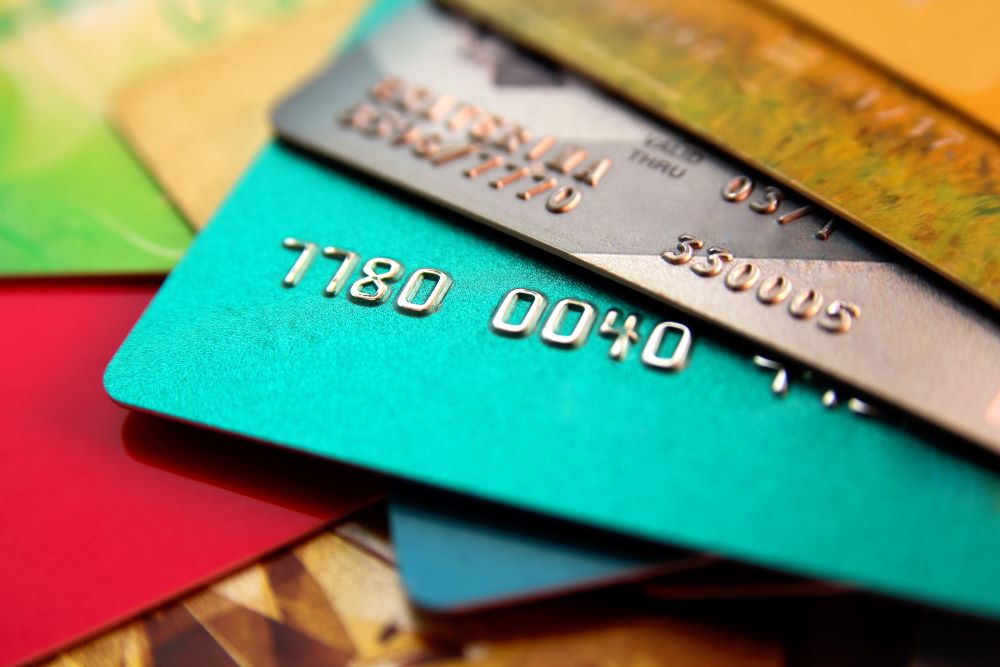There is no definitive strategy for separating your finances from your ex after a divorce or breakup. You and your ex may have to consider factors including assets and income, joint property, children and state law.
One thing’s for sure: it’s a good idea to pay off and close out any joint credit cards you share. If you leave joint credit cards open, they will continue to affect your debt and credit score regardless of your relationship status.
Closing joint credit cards now can help you and your ex fully separate.
How to Close Joint Credit Cards
If one person is using the credit card as an authorized user, it’s fairly simple to remove them from the account. But when both parties share a joint credit card account, it gets a little more complicated. Here’s how to close a joint credit card:
- Pay off the balance: in most cases, the best strategy is to pay the balance off in full and close the account. Some credit card issuers require the balance to be paid off first, while others may allow you to close the account immediately but continue to make payments under the original terms. You and your ex should determine how to split responsibility for the debt and come up with a plan to pay it off incrementally or in one lump sum. Contact your card issuer to find out what steps you must take to close the account.
- Balance transfers: if you can’t pay the balance in full right now, you may want to consider transferring the balance to an existing credit card in your name, or opening a new card with a low introductory interest rate (some cards may go as low as 0% APR for a limited time, which lets you pay down the balance interest free). You and your ex could split up the balance between cards, or you could simply transfer the balance to your own card.
- Rewards: if your joint credit card has rewards like airline miles or cash back, redeem those rewards now and split them with your ex if it makes sense.
- Close the account: once you’re ready, call your credit card issuer to close the joint account. The issuer may send you a confirmation email or letter confirming that the account has been closed. Make sure to follow instructions to the letter.
- Monitor your credit: You will want to make sure the card is accurately shown as closed on your credit report. Closed accounts can stay on your credit report and continue to affect your credit for seven to ten years, depending on if the account was in good standing, delinquent or past due.
If you and your ex are married and getting divorced, keep in mind that there are legal guidelines for how your debt will be split and you may not be able to just do it yourself. Most states follow “common law,” which dictates that you are solely responsible for debt in your name and you are jointly responsible for debt under both you and your ex’s name. Not every state follows this practice, so make sure to pay attention do the assignment of debts during divorce proceedings.
Can Closing Joint Credit Cards Affect Your Credit?
If you have other credit cards in your own name, closing a joint card can affect your credit utilization rate, or the amount of available credit you have tied up in debt. If it’s a card you’ve held for years, closing the account can lower the age of the accounts in your credit history.
Both of these factors can affect your credit. Closing joint credit cards can lower your credit score for the near future. The good news is that you can return your credit to its previous standing by consistently paying your bills on time and using your credit wisely.











